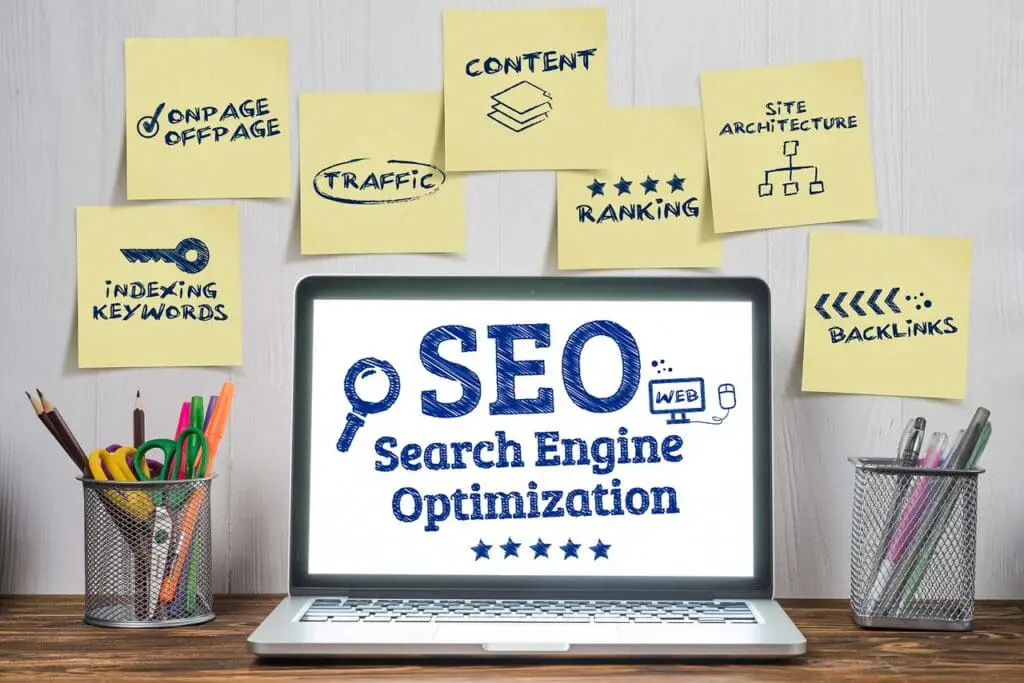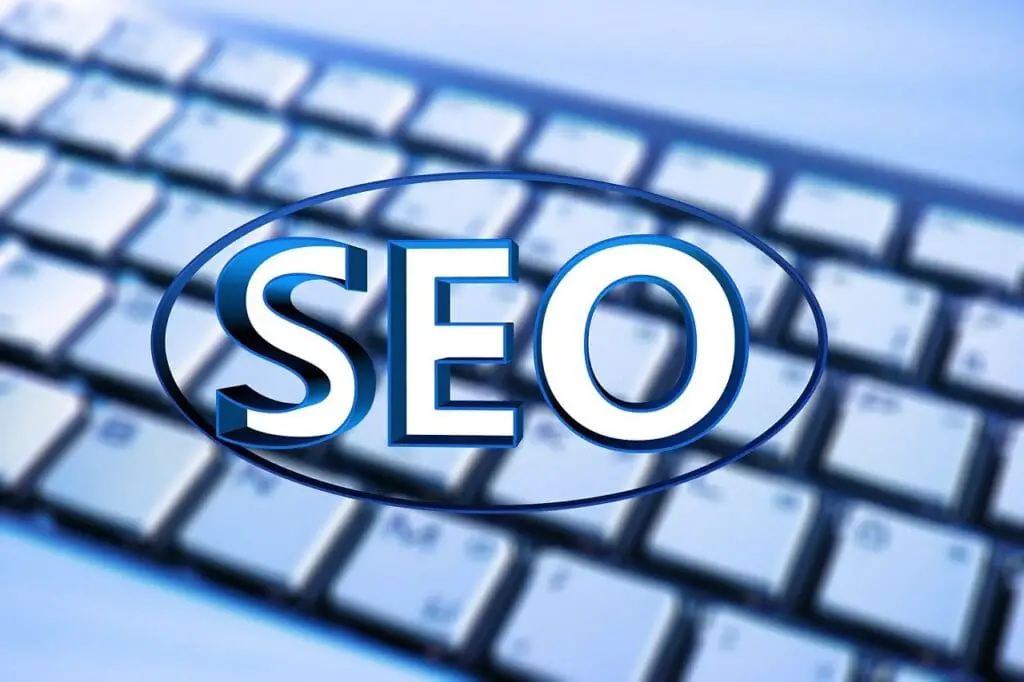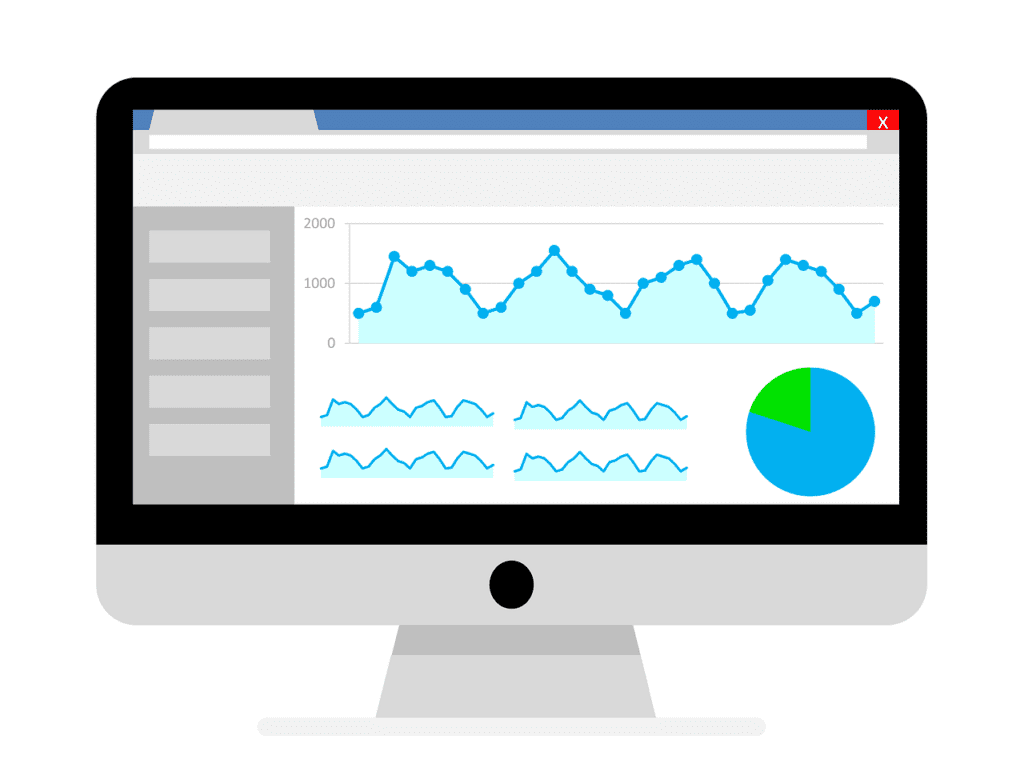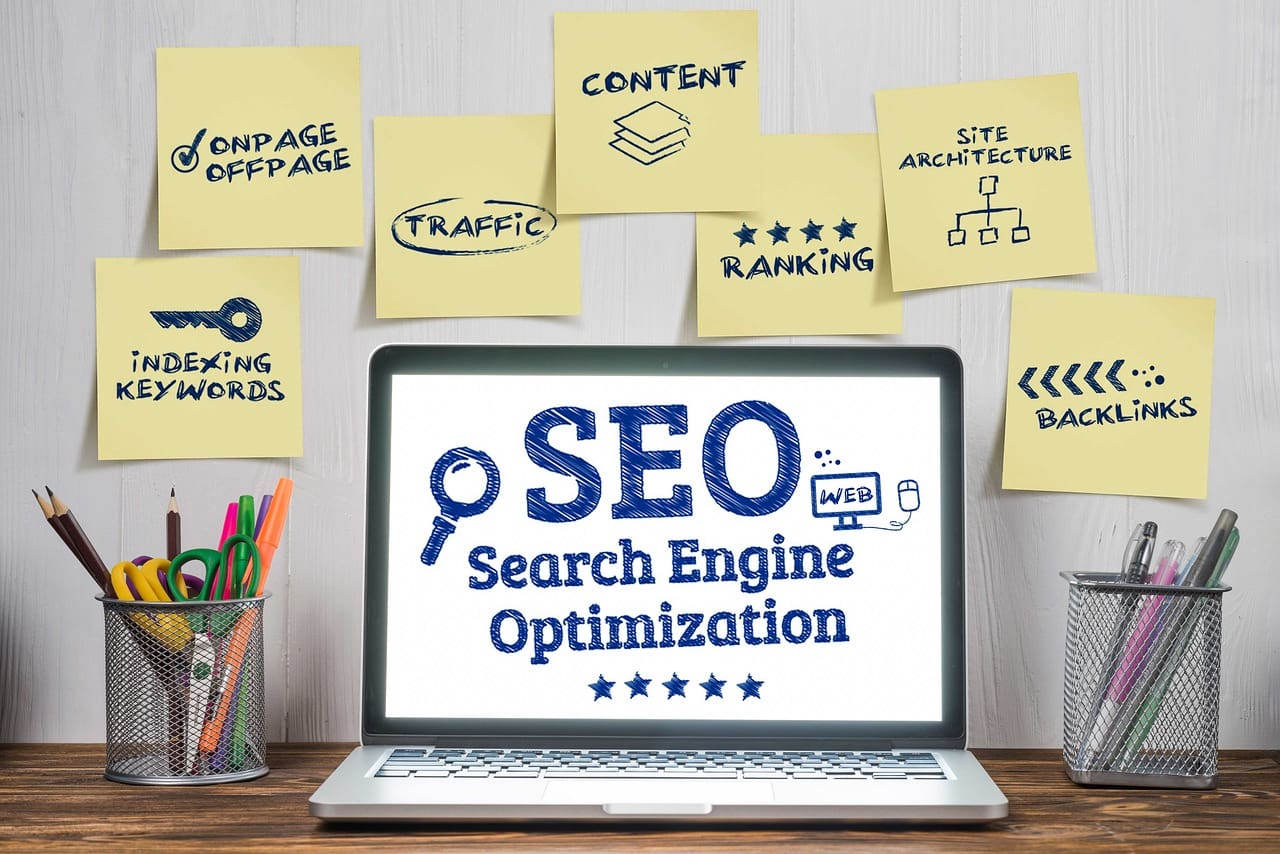Are you looking to enhance your website’s visibility and increase its ranking on search engine results? Well, look no further! In this article, we will be exploring the importance of page authority in on-page optimization. Page authority plays a crucial role in determining the credibility and relevance of your website in the eyes of search engines. By understanding and implementing effective on-page optimization strategies, you can significantly improve your website’s performance and attract more organic traffic. So, let’s dive in and unlock the secrets of maximizing page authority for better search engine optimization!
What is Page Authority?
Page Authority refers to a metric that determines the overall importance and relevance of a specific web page in search engine rankings. It is a score developed by Moz, a leading SEO software provider, to predict how well a page will rank on search engine result pages (SERPs). Page Authority takes into account various factors such as the quality and quantity of backlinks, the relevance of content, and the overall user experience provided by the page. By understanding and optimizing Page Authority, you can enhance your on-page optimization efforts and improve your website’s visibility in search engine results.
Definition
Page Authority is a metric developed by Moz that predicts the likelihood of a page ranking higher on search engine result pages. It is calculated using a logarithmic scale from 0 to 100, with higher scores indicating a greater likelihood of ranking well. Page Authority is based on data from Moz’s web index and considers factors such as link equity, trustworthiness, relevance, and user experience. It is important to note that Page Authority is different from Domain Authority, which measures the overall authority of an entire domain rather than a specific page.
Determining factors
Page Authority is determined by a combination of on-page and off-page factors that influence a page’s ranking potential. Some of the key factors that contribute to Page Authority include:
-
Quality and relevance of content: The content on your page should be high-quality, informative, and relevant to the target audience. It should provide value and address the user’s search intent.
-
Quantity and quality of backlinks: Backlinks from authoritative and relevant websites act as votes of confidence for your page. The more quality backlinks your page has, the higher its Page Authority is likely to be.
-
User experience and engagement: Factors such as the page load speed, mobile-friendliness, ease of navigation, and user engagement metrics like bounce rate and time on page play a significant role in determining Page Authority.
-
Social signals: The level of engagement and popularity your content receives on social media platforms also impacts Page Authority. Likes, shares, and comments on social media indicate that your content is valuable and relevant.
By understanding these determining factors, you can take steps to improve your page’s authority and enhance your on-page optimization efforts.
Importance of Page Authority in On-Page Optimization
Page Authority plays a crucial role in on-page optimization and can have a significant impact on your website’s search engine rankings. Here are some key reasons why Page Authority is important:
Increased ranking potential
A higher Page Authority score increases the likelihood of your page ranking higher on search engine result pages. When your page has a high authority, search engines perceive it as more trustworthy and relevant, leading to improved visibility and higher ranking potential.
Enhanced search visibility
By optimizing your page based on the factors that contribute to Page Authority, you can increase your page’s visibility in search engine results. Appearing higher on search result pages increases the chances of users clicking on your page, driving more organic traffic to your website.
Higher credibility and trust
Pages with higher Page Authority are seen as more credible and trustworthy by search engines and users alike. When your page is perceived as authoritative, users are more likely to trust your content and engage with it, leading to increased conversions and user satisfaction.
Better user experience
Improving your Page Authority involves optimizing various aspects of your page, such as content quality, backlinks, and user experience. By focusing on these factors, you can enhance the overall user experience, making it easier for users to find, navigate, and engage with your content.
By understanding and recognizing the importance of Page Authority in on-page optimization, you can optimize your web pages effectively to drive better organic rankings and increase your website’s visibility.

Ways to Improve Page Authority
Now that we understand the significance of Page Authority, let’s explore some effective strategies to improve it:
Quality and relevant content
Creating high-quality, relevant, and unique content is one of the most important factors in improving Page Authority. Your content should provide value to users, answer their queries, and be comprehensive in addressing the intended topic. Focus on creating content that is informative, engaging, and optimized for target keywords.
Optimization of meta tags
Optimizing meta tags, including title tags and meta descriptions, is crucial for improving Page Authority. These tags provide concise information about the webpage and influence search engine rankings. Ensure that your meta tags are descriptive, include target keywords, and accurately represent the content of your page.
Backlink building
Building high-quality backlinks from authoritative and relevant websites is a proven strategy for improving Page Authority. Focus on acquiring backlinks from trusted sources in your industry through guest blogging, influencer outreach, creating shareable content, and directory submissions. Remember, quality is more important than quantity when it comes to backlinks.
Internal linking
Implementing internal links within your website is another effective way to improve Page Authority. Internal linking helps search engines discover and understand the structure of your website, improves user navigation, and distributes authority within your website. Make sure to use descriptive anchor text and create a sitemap to help search engines crawl your internal pages more effectively.
Social signals
Engaging on social media platforms can indirectly impact Page Authority by increasing brand visibility, driving traffic, and encouraging user-generated content. Maintain an active and engaging social media presence, integrate social sharing buttons on your web pages, and encourage users to share and engage with your content.
By implementing these strategies and consistently working towards improving the factors that contribute to Page Authority, you can enhance your on-page optimization efforts and improve your website’s search engine rankings.
Content Quality and Relevance
One of the foundational elements of improving Page Authority is creating high-quality, relevant, and engaging content. Here are some key considerations when it comes to content optimization:
Unique and original content
Ensure that your content is original, unique, and provides value to your target audience. Avoid duplicating content from other sources or using spun content, as it can negatively impact your Page Authority. Aim to create content that offers fresh insights, solutions to problems, and ultimately stands out from the competition.
Keyword research and optimization
Conducting thorough keyword research is essential for identifying the keywords and phrases that your target audience is using to search for information related to your industry or niche. Once you have identified relevant keywords, integrate them naturally throughout your content, including in headings, subheadings, and body text. However, avoid keyword stuffing, as it can harm your Page Authority and user experience.
Proper formatting and structure
Presenting your content in an organized and easy-to-read format improves user experience and encourages users to engage with your page. Use headings, subheadings, bullet points, and paragraphs to break up your content and make it scannable. Additionally, consider incorporating multimedia elements such as images, videos, and infographics to enhance the visual appeal of your content.
User engagement and social shares
Engaging your audience is crucial for improving Page Authority. Encourage user engagement through comments, social sharing buttons, and calls-to-action. When users find value in your content and share it on social media platforms, it sends positive social signals to search engines, indicating that your content is valuable and relevant.
By focusing on content quality, relevance, and user engagement, you can improve your Page Authority and create a positive user experience that satisfies both search engines and your target audience.

Optimization of Meta Tags
Meta tags play a significant role in improving Page Authority as they provide concise information about your webpage to search engines. Here are some key meta tags to optimize:
Title tags
Title tags are HTML elements that define the page’s title and appear as clickable headlines in search engine result pages. Optimize your title tags by including relevant keywords, keeping them concise (around 50-60 characters), and making them compelling to encourage user clicks. Each page on your website should have a unique and descriptive title tag.
Meta descriptions
Meta descriptions provide a summary of the page’s content in a few sentences and appear below the title tag in search engine result pages. While meta descriptions do not directly impact Page Authority, they greatly influence click-through rates. Optimize your meta descriptions by including relevant keywords, keeping them within 150-160 characters, and making them compelling and enticing to users.
Header tags
Header tags (H1, H2, H3, etc.) are HTML elements that define the headings and subheadings within your content. Optimizing header tags helps search engines understand the structure and hierarchy of your content. Use relevant keywords in your header tags, appropriately structure your headings, and ensure they accurately represent the content that follows.
By optimizing your meta tags, you can improve the visibility and click-through rates of your web pages, ultimately contributing to higher Page Authority.
Backlink Building
Backlink building is a crucial aspect of off-page optimization that significantly impacts Page Authority. Here are some effective strategies for building high-quality backlinks:
Guest blogging
Writing guest posts for authoritative websites in your industry allows you to showcase your expertise, gain exposure to new audiences, and earn valuable backlinks. Look for reputable websites that accept guest contributions and provide high-quality and informative content that aligns with their audience’s interests.
Reaching out to influencers
Identify influencers in your industry who have a significant following and a strong online presence. Establish relationships with them by engaging with their content and offering value. Once you’ve built rapport, reach out to them and propose collaborations, such as featuring them in your content or obtaining a backlink from their website.
Creating shareable content
Invest time and effort into creating content that is highly shareable and valuable to your target audience. This can include creating infographics, conducting original research, or producing in-depth guides. Shareable content increases the likelihood of attracting natural backlinks as other websites discover and link to your content.
Directory submissions
Submitting your website to reputable directories can help improve Page Authority by earning backlinks from authoritative sources. Look for industry-specific directories or general directories with high domain authority. Ensure that the directories are trustworthy, relevant, and have a good reputation.
Remember, it is essential to prioritize quality over quantity when building backlinks. Focus on acquiring backlinks from authoritative and relevant sources, as search engines value the quality and relevance of backlinks when determining Page Authority.

Internal Linking
Internal linking is an important on-page optimization strategy that helps improve Page Authority. Here are some considerations for effective internal linking:
Benefits of internal linking
Internal linking refers to linking one page of your website to another within the same domain. It helps search engines discover and crawl your content more effectively, improves user navigation, and distributes authority across your website. Internal linking also encourages users to explore more of your content, increasing the average time spent on your website.
Proper anchor text usage
Anchor text is the visible, clickable text that hyperlinks display. When implementing internal links, use descriptive and relevant anchor text that accurately reflects the content of the linked page. Avoid using generic anchor text like “click here” or “read more,” as it provides limited context to search engines and users.
Sitemap creation
Creating a sitemap for your website helps search engines understand the structure and hierarchy of your content. A well-organized sitemap enables search engines to crawl and index your pages more efficiently, ultimately contributing to improved Page Authority. Submit your sitemap to search engines like Google to ensure your pages are discovered and indexed.
By leveraging internal linking strategies, you can enhance the overall structure and authority of your website, leading to improved Page Authority and user experience.
Social Signals
Social signals play an indirect but significant role in improving Page Authority. Here are some strategies to leverage social signals effectively:
Engaging social media presence
Maintain an active and engaging presence on social media platforms relevant to your target audience. Share your content, interact with followers, and participate in relevant discussions. Building a strong social media following helps increase brand visibility, improves credibility, and enhances your website’s overall authority.
Social sharing buttons
Integrating social sharing buttons on your web pages makes it easy for users to share your content on their social media channels. By encouraging social sharing, you increase the chances of your content getting exposed to a wider audience, potentially attracting more backlinks and social signals that contribute to higher Page Authority.
Encouraging user-generated content
Encourage users to generate content related to your brand or industry, such as testimonials, reviews, or user-generated blog posts. User-generated content not only adds value to your website but also increases social engagement and signals to search engines that your content is being shared and appreciated by users.
Remember, while social signals are not a direct ranking factor, they can significantly impact your website’s visibility, reach, and ultimately, its Page Authority.
Monitoring and Analyzing Page Authority
To measure and track your Page Authority, you can utilize various SEO tools and methodologies. Here are some key aspects to consider:
Using SEO tools
Leverage SEO tools such as Moz’s Page Authority tool or other similar tools that provide page-level insights. These tools calculate and provide your page’s current Page Authority score. Regularly monitor your Page Authority to track its progress over time and identify areas for improvement.
Tracking keyword rankings
Monitoring your keyword rankings in search engine result pages helps you understand how well your page is performing in terms of visibility and relevance. By tracking your rankings for target keywords, you can determine the impact of your optimization efforts on Page Authority and make data-driven decisions for future optimizations.
Analyzing backlink profiles
Regularly analyze your backlink profile using tools like Moz’s Link Explorer or similar backlink analysis tools. Assess the quality, relevance, and authority of your backlinks to ensure they positively impact your Page Authority. Identify and disavow any low-quality or spammy backlinks that could potentially harm your Page Authority.
By regularly monitoring and analyzing Page Authority, keyword rankings, and backlink profiles, you can identify areas for improvement and prioritize your on-page optimization efforts effectively.
Conclusion
In conclusion, Page Authority is a crucial on-page optimization factor that significantly impacts your website’s visibility, credibility, and search engine rankings. By understanding and optimizing the determining factors of Page Authority, such as content quality, backlinks, internal linking, and social signals, you can improve your page’s authority and enhance the overall user experience. Continuously monitor and analyze your Page Authority, keyword rankings, and backlink profiles to identify areas for improvement and maintain a consistent effort towards improving and maintaining your Page Authority. With a well-optimized Page Authority, you can increase your website’s visibility, attract more organic traffic, and establish credibility and trust with your target audience.


